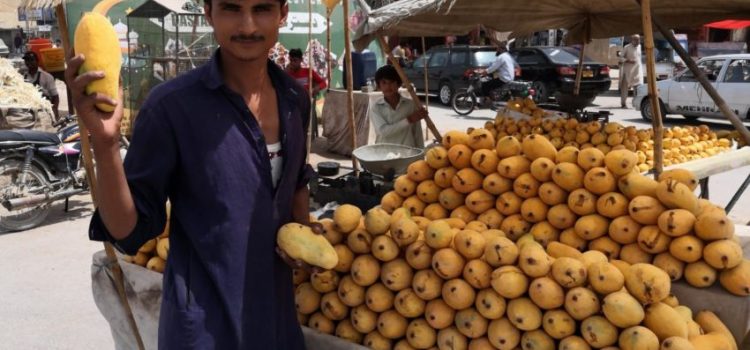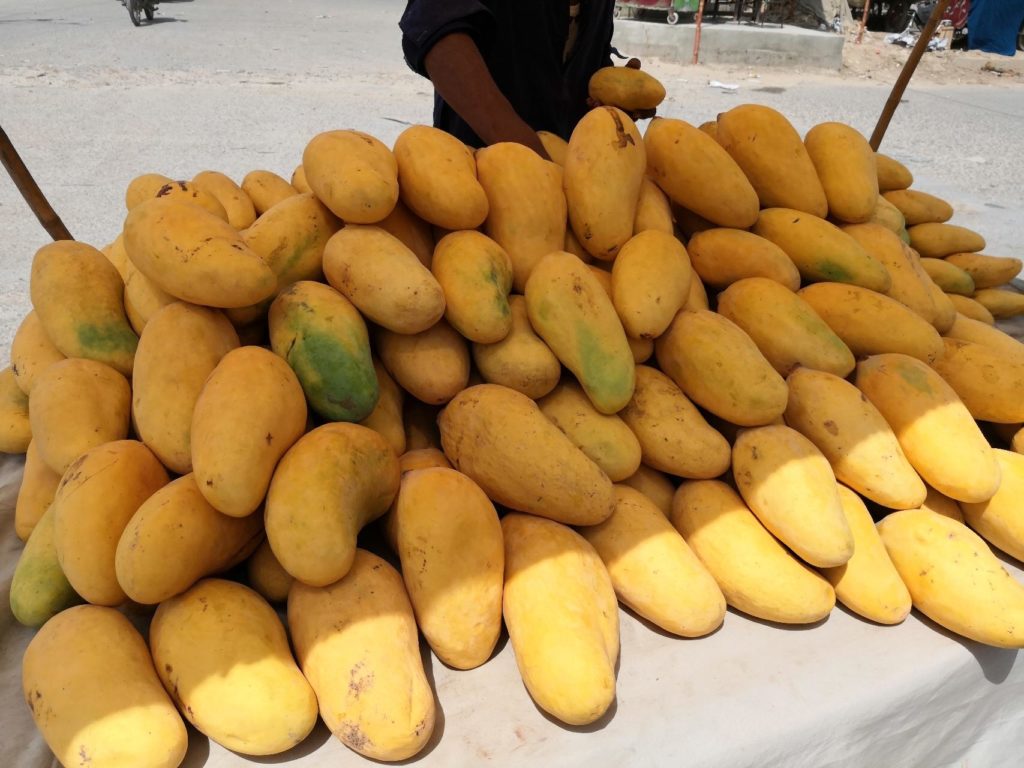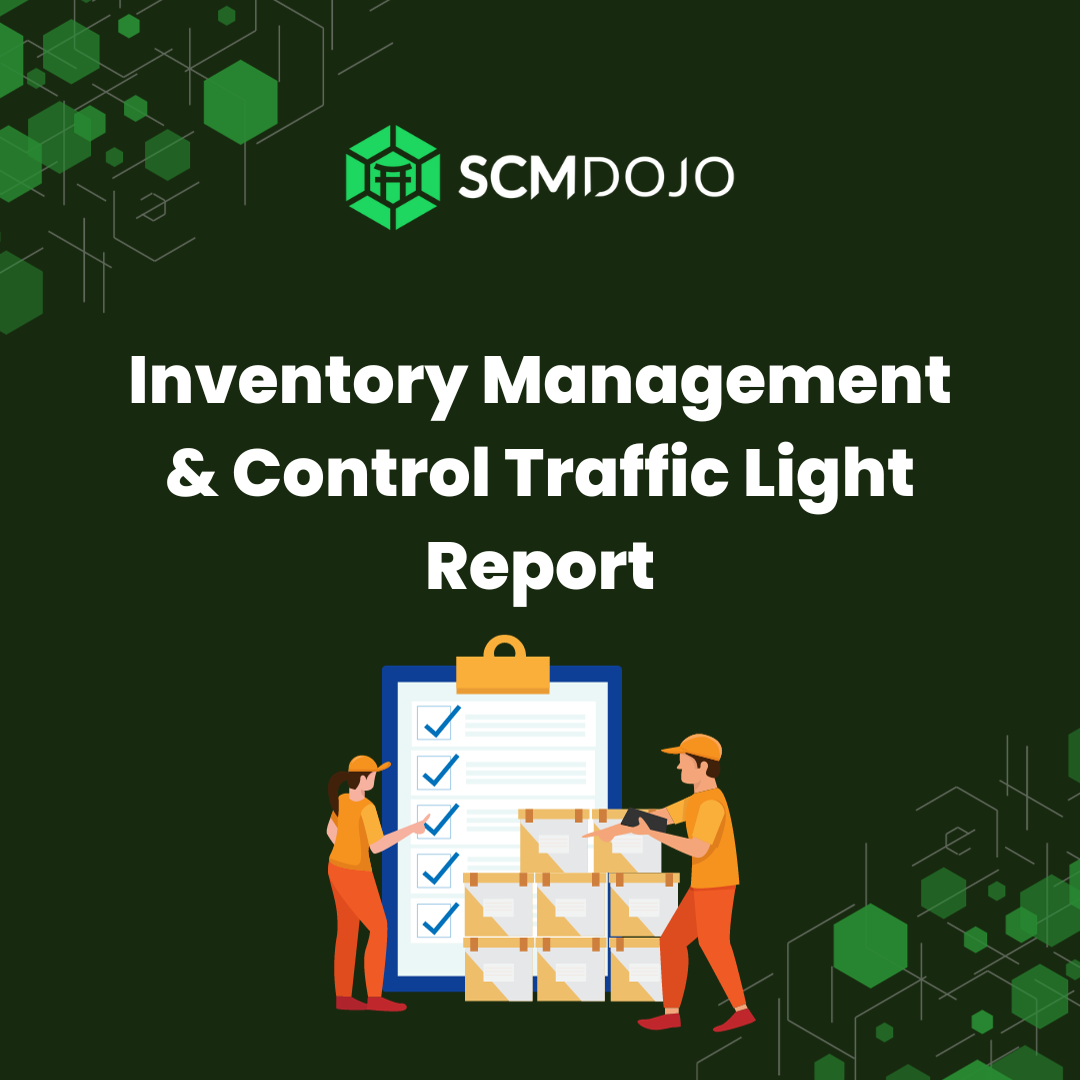When we enjoy the delicious fruits, do we really think how the fruit supply chain works?
This summer I was in Karachi and searching for my favourite fruit Mango and found this guy in the image and asked him how old is the crop, and he passionately explained to me they arrive in the same morning from farms. Which makes me how the fruit supply chain work?
There is a need to focus on the fruit supply chain. This is because as the worldwide production of fruits has grown faster than cereal crops and the total value of horticultural crops traded. Some reasons for the global increase in the production and trade of fruits include the increasing awareness of healthy living, healthy dieting, and the need for one to be mindful of what one eats. The increased popularity of healthy, natural, and organic products, is a trend that offers opportunities for fresh fruit across the world.
Fruits come packaged with innumerable health benefits. When fruits are consumed in the recommended amounts, they contribute 16% of our recommended fibre intake and 17% of our potassium. Typical diets are low in these nutrients. Fibre helps you maintain a healthy weight, can improve cholesterol levels and keeps your digestive system running smoothly. Potassium helps to lower blood pressure because it relaxes blood vessel walls and also offsets the negative effects of a diet too high in sodium. Currently, the ideal daily goal is 1½ to 2 cups of fruit (here is a free tip for you!). That’s easy to do when a variety of sweet produce is in season and when there is an excellent fruit supply chain.
The fruit supply chain is characteristically complex and complicated. There are certain factors which impact the fruit supply chain. Fruits are usually highly perishable, strongly price volatile and sometimes uncertain on demand. Supply-side is marred by some issues such as seasonality, cyclicality and uncertain weather. When it comes to sorting, grading, and packing, there may be issues too. Based on research, it is said that the fruit supply chain industry is unorganized to the extent of 99%.
There are certain challenges faced by the fruit supply chain. A common challenge is the presence of middlemen. This means there is a need to eliminate the middleman or de-layer the supply chain. While it may easy to de-layer the chain, it is not easy to de-layer the costs. Formal organizations in the fruit supply chain often add costs; there are delays regarding decision making and are bound by compliances or internal rules.
A farmer is always tempted to sow more if such a farmer had a good return on the previous year. Owing to this, there is cyclical high & low availability. This often results in a sharp rise or fall in prices. When there is a disproportionate rise in prices, many traders or hoarders get into the trade, making it further complicated and unreasonable within that period. The trade gains in uptrend situations while farmers lose on the downtrend.
In this article, I want to focus on 5 fruit supply chain factors that farmers and fruits suppliers often encounter, which greatly affect their business. These factors I found during my research.
5 Fruit Supply Chain Factors
1. Quality and Shelf Life Factor
The shelf life of fruits is not as long as a number of other products. Losses pile up with a progression of time. So most farmers and fruits suppliers may be greatly affected by this, and this generally affects the fruit supply chain system.
The quality of the fruits is increasingly becoming the primary driving force fuelling the demand for the fruits in the fruit supply chain. Over half of fruits consumers are concerned about the quality and safety of their fruits. Big fruits suppliers are pumping a lot of money not only into quality assurance systems but also in marketing and advertisement in order to equate their brands with quality in the minds of the consumers. This way, they hope to strengthen the fruit supply chain and yield profits.
2. Technology Factor
Technology is closely linked to quality assurance in the fruit supply chain. It includes refrigerators, processing, packaging, tools, and fertilizers. While ensuring that all mechanisms of the fruit supply chain are ticking correctly, technology basically assures productivity and efficiency of the processes, alongside quality assurance. There is, therefore, the need for farmers and fruit suppliers to have access to the right technology needed to ensure an effective fruit supply chain.
With the right technology, the quality of the fruits can be maintained, and this will ensure longer shelf life for the fruits. Technology can also help you to carry out certain metrics or research on the nature of the market, where you want to make your supply.
[button url=https://www.coursera.org/learn/future-developments-supply-chain-finance-blockchain-technology?ranMID=40328&ranEAID=cENl5ItFhTQ&ranSiteID=cENl5ItFhTQ-40MEifqQ3UYYRS7MkWhmbg&siteID=cENl5ItFhTQ-40MEifqQ3UYYRS7MkWhmbg&utm_content=2&utm_medium=partners&utm_source=linkshare&utm_campaign=cENl5ItFhTQ size=16 icon_size=32]Future Development in Supply Chain Finance and Blockchain Technology[/button]
3. Logistics Factor
Logistics involves the procurement and shipping of batches of products. This part of the fruit supply chain management contains a lot of blind spots: for instance, have frozen fruits been unfrozen and refrozen during transporting? Have some fruits been exposed to excess sunlight? Did humidity affect the batch of some fruits? Unless the signs of damage are visible or cause significant immediate consequences (like consumers getting sick), intermediaries are not incentivised to report on any mishandling of fruits.
Other issues with logistics within the fruit supply chain include the challenge of proper transportation means for moving the fruits. In certain areas, there can be high costs of transportations and farmers being far away from the areas with high demands for their fruits.
High costs of transportations may result in an increase in the price of the fruits. In a highly competitive market space, a farmer with a high price may not make any sale, and such a farmer may end up selling at a loss. Also, the perish-ability of fruits will likely affect farmers far from the market with high demands, especially if such a farmer has no good storage system.
There is a need for proper logistics based on the nature of the product. On how to effectively manage the logistics process, Maallem Chouaib, who is the Supply Chain Manager North Africa at Honeywell, suggests that
“documentation and banking transactions are finalized on time. Transportation inland is planned before taking the fruit out of trees! Logistics timeline is clear and based on real data. Process optimization should be based on the lesson learned from previous experiences.”
4. Regulations Factor
Most professionals focused on the need for you to be familiar with certain regulations, especially trade regulations not just within your country, but also to any country you are exporting your fruits.
Within the fruit supply chain, regulations exist to protect the consumers, guarantee the safety of the fruits, and ensure compliance with environmental norms. The process of auditing and implementing these regulations is costly and inefficient. Thus, the government has to spend huge resources and efforts to do random checks and inspections. Not only can this be expensive, but it also doesn’t guarantee that a company will be one step ahead of these inspections.
Nevertheless, there may be instances of government making ridiculous trade regulations, which may hamper the adequate transportation of fruits from one place to the other. In this case, there is a need for proper regulations, and the need to ensure compliance.
5. Consumers Factor
The role of consumers cannot be denied in the fruit supply chain. Consumers increasingly demand fruits that satisfy their requirements for safety and quality. They are also concerned about certain aspects such as environmental and labour conditions, working practices, and social justice.
Consumers have become informed and empowered through the multitude of channels opened by the technology in the fruit supply chain. Therefore, they have become inquisitive when it comes to supply chains. They want to know how the fruits have been grown, what the processing was, whether it was well stored and handled, or if there are any ethical issues in the fruit supply chain. Failing to address any of these aspects can significantly impact the revenues of retailers and suppliers of fruits.
Fernando Valencia, who is the Procurement and Logistic Manager at Endura Spa advised that you should know the culture of the country in which you are importing the fruits. Doing this will help you know what kind of fruits to deliver and when is the right time to deliver certain kinds of fruits. Ojas Khandelwal, a supply chain management expert, asserts that
“Thinking purely with the customer-centric attitude, I think as Supply chain professionals, our focus and emphasis should be to increase the Shelf life at customer’s end”. We should also focus on increased customer traction to the need for ‘Provenance”, which is perhaps of utmost importance to the customer (especially mangoes). A good way to do this is to ensure the fruits are of good quality and have a better shelf life
In this article, the focus has been on certain factors that affect the fruit supply chain. The factors considered include quality, technology, logistics, regulations, and consumers. Farmers and fruit supplies, as well as the government, need to take note of these factors in order to ensure a flourishing fruit supply chain.
Let me know if think there are other factors which impact freight supply chain??
About the Author- Dr Muddassir Ahmed
Dr MuddassirAhmed is the Founder & CEO of SCMDOJO. He is a global speaker, vlogger and supply chain industry expert with 17 years of experience in the Manufacturing Industry in the UK, Europe, the Middle East and South East Asia in various Supply Chain leadership roles. Dr. Muddassir has received a PhD in Management Science from Lancaster University Management School. Muddassir is a Six Sigma black belt and founded the leading supply chain platform SCMDOJO to enable supply chain professionals and teams to thrive by providing best-in-class knowledge content, tools and access to experts.
You can follow him on LinkedIn, Facebook, Twitter or Instagram









